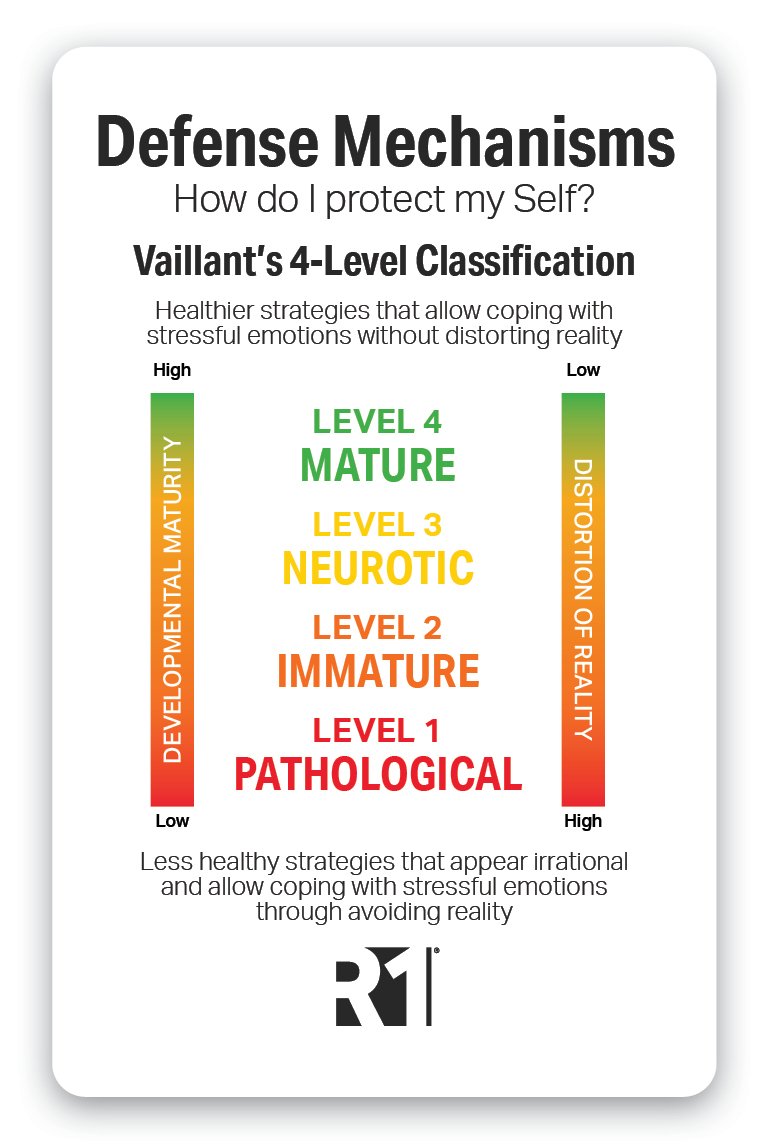Step right up, ladies and gentlemen, and prepare to have your minds blown by the secrets of human behavior unveiled by none other than the renowned psychologist, Dr. Sigmund Mindmeld! Get ready to dive deep into the twisted and tangled web of the human psyche as we uncover the mysteries of why we do the things we do. Buckle up, dear readers, because this is going to be one wild and enlightening ride into the fascinating world of the mind!
Key Discoveries in Human Behavior
Through years of careful observation and study, scientists have made some truly mind-blowing discoveries about human behavior. Let’s take a look at some of the most fascinating ones:
One remarkable finding is that human beings are actually capable of multitasking – it’s true! We may not always be good at it, but we sure do love to try. Whether it’s texting while walking or watching TV while scrolling through social media, our brains are constantly juggling a million things at once. Who knew we were such modern-day magicians?
Another intriguing discovery is that humans are incredibly social creatures. We thrive on connections with others and have an innate need for belonging. This explains why we spend so much time gossiping, forming cliques, and stalking our exes on social media. It’s all just our way of satisfying our deep-seated desire for community.
And finally, researchers have found that humans have a natural tendency to procrastinate. Whether it’s putting off tasks until the last minute or avoiding difficult conversations, we just can’t seem to resist the siren call of procrastination. But hey, at least we’re all in it together, right?

The Influence of Childhood Experiences
Did you know that childhood experiences can shape who we become as adults? It’s true! From traumas to triumphs, our early years leave a lasting impact on our personalities, behaviors, and even our preferences. Here are some ways that childhood experiences can influence the people we grow up to be:
- Attachment Styles: Whether you were securely attached, anxiously attached, or avoidantly attached as a child can influence how you form relationships as an adult. If you were constantly seeking attention from caregivers, you might find yourself craving validation in your romantic relationships. If you were more independent as a child, you might prefer more space in your adult relationships.
- Parenting Styles: The way you were raised can impact the way you choose to raise your own children. If you had strict parents, you might be more inclined to set boundaries with your kids. If your parents were more permissive, you might take a more relaxed approach to parenting.
- Interest and Hobbies: The activities you enjoyed as a child can often carry over into adulthood. If you loved playing dress-up, you might still have a flair for fashion. If you spent hours building LEGO structures, you might have a passion for architecture or engineering.
So, the next time you catch yourself doing something that seems out of character, think back to your childhood experiences. You might just find the root of your behavior in those formative years!

The Role of Genetics in Personality Traits
Have you ever wondered why you inherited your dad’s love for adventure or your mom’s knack for organization? Well, it turns out that genetics play a huge role in shaping our personality traits.
Thanks to good ol’ DNA, we can blame our unruly hair on Uncle Bob and our quick wit on Grandma Sue. But genetics isn’t just responsible for physical traits – it also influences everything from our sense of humor to our level of optimism.
Here are a few ways genetics can determine our personality traits:
- Introversion vs. Extroversion: If your parents are the life of the party, chances are you’ve inherited their extroverted genes. But if they prefer a cozy night in, you might be more of an introvert.
- Openness to Experience: Are you always up for trying new things? You can thank your adventurous genes for that. But if you prefer sticking to your routine, your cautious genes might be to blame.
So the next time you catch yourself singing in the shower or hoarding office supplies, remember – it’s all in the genes! And hey, at least you have someone to blame for your irrational fear of clowns.

The Impact of Social Environment on Behavior
Have you ever noticed how your social environment can have a huge impact on your behavior? It’s like being a chameleon, blending into your surroundings without even realizing it. Let’s take a closer look at some of the ways that the people around us can influence our actions:
1. **Peer Pressure:** We’ve all been there – your friends want to do something you know isn’t a great idea, but you go along with it anyway. Whether it’s jumping on the latest trend or making questionable decisions, peer pressure can be a powerful force. Remember, just because everyone else is doing it, doesn’t mean you have to!
2. **Social Norms:** Ever find yourself conforming to societal expectations without even realizing it? From the way we dress to how we interact with others, social norms play a big role in shaping our behavior. But who says you have to follow the crowd? Be your own trendsetter!
3. **Group Dynamics:** It’s a well-known fact that our behavior can change depending on who we’re with. Ever notice how you act one way around your family, and completely different around your friends? Group dynamics can be like a switch, turning on different parts of your personality at the drop of a hat. Just remember to stay true to yourself, no matter who you’re with!

Coping Mechanisms and Defense Mechanisms
Everyone has their own unique ways of dealing with stress, whether it’s through coping mechanisms or defense mechanisms. Let’s delve into some of the more interesting and quirky ways people handle life’s challenges!
Coping Mechanisms:
- Indulging in a pint (or two) of ice cream
- Binge-watching your favorite TV show for hours on end
- Going for a long, leisurely walk in the park
- Dancing around your living room like no one’s watching
Defense Mechanisms:
- Denial: Pretending that everything is just fine, even when it clearly isn’t
- Projection: Blaming others for your own shortcomings
- Humor: Turning a difficult situation into a joke to lighten the mood
- Rationalization: Coming up with logical explanations for irrational behavior
Whether you’re coping by eating your weight in junk food or defending yourself with a healthy dose of humor, it’s all part of the human experience. So next time you find yourself feeling overwhelmed, remember to take a step back and embrace your unique coping and defense mechanisms. After all, laughter is the best medicine!
The Link Between Mental Health and Behavior
Let’s dive into the mysterious world of mental health and behavior. We all have that one friend who blames their wild antics on their “crazy brain,” but is there really a link between mental health and behavior? Spoiler alert: yes, yes there is. Strap in, folks, this is going to be a bumpy ride.
First off, let’s talk about anxiety. It’s like having a tiny little gremlin sitting on your shoulder whispering sweet nothings into your ear. This gremlin can make you fidget, avoid eye contact, or even crack awkward jokes to cope with the situation. Trust me, I speak from experience. Anxiety can make you do some pretty funky stuff, like avoiding crowded places or turning into a hermit crab every time the phone rings.
Next up, we have depression. Imagine a little rain cloud following you around everywhere you go, just sprinkling a bit of sadness on everything in sight. Depression can make you lose interest in things you used to love, skip out on social events, or even just stay in bed all day binge-watching cat videos. It’s a tough gig, but someone’s gotta do it.
And let’s not forget about good old ADHD. It’s like your brain is playing a game of hopscotch while riding a unicycle through a minefield. ADHD can make you fidget, interrupt people, or even switch tasks faster than a kid with a sugar high on Christmas morning. It’s a wild ride, but hey, at least it’s never boring!
Strategies for Modifying Behavior Patterns
So, you’re looking to change some of your less-than-desirable behavior patterns, huh? Well, you’ve come to the right place! Here are some hilarious strategies to help you modify those pesky habits:
- Reward Yourself: Treat yourself to a little something every time you successfully avoid engaging in your negative behavior. Whether it’s a piece of chocolate or a goofy dance in your living room, make sure to celebrate your victories!
- Find a Buddy: Enlist a friend to help keep you in line. They can provide support, encouragement, and maybe even a good ol’ smack on the wrist if you start slipping back into old habits.
- Create a Vision Board: Get crafty and make a vision board filled with images and quotes that represent the positive changes you want to make. Hang it somewhere you’ll see it every day to keep yourself motivated and on track.
Remember, changing behavior patterns takes time and effort, so don’t get discouraged if you stumble along the way. Just pick yourself up, dust yourself off, and keep on pushing forward with a smile on your face (or at least a smirk). You got this!
FAQs
Q: Can we really predict human behavior using psychology?
A: Well, if I had a crystal ball, I’d probably have a different job. But yes, psychology can give us some pretty good insights into why people do the things they do. It’s not foolproof, but it’s better than just blindly guessing.
Q: What are some common misconceptions about human behavior?
A: One big misconception is that we’re all just rational beings making logical decisions all the time. Ha! Have you ever seen someone buy a $5 latte every day when they can barely pay rent? Yeah, not exactly the pinnacle of rationality.
Q: How can understanding human behavior improve our relationships?
A: Ah, the age-old question. Well, knowing why your partner gets grumpy when they’re hungry or why your friend always cancels plans at the last minute can go a long way in preventing unnecessary drama. Plus, you’ll look like a mind-reading genius.
Q: Are there any “secrets” to human behavior that most people don’t know about?
A: Well, if I told you, they wouldn’t be secrets anymore, would they? But I will say this – a lot of our behavior is driven by unconscious motives and past experiences we’re not even aware of. So, next time someone cuts you off in traffic, just remember, it’s probably not personal (probably).
Q: Can we change our behavior once we understand why we do certain things?
A: Absolutely! Knowledge is power, my friend. Once you understand why you have certain habits or reactions, you can start to work on changing them. It’s not easy, but it’s definitely possible. Just don’t expect overnight miracles - Rome wasn’t built in a day, and your behavior won’t change overnight either.



